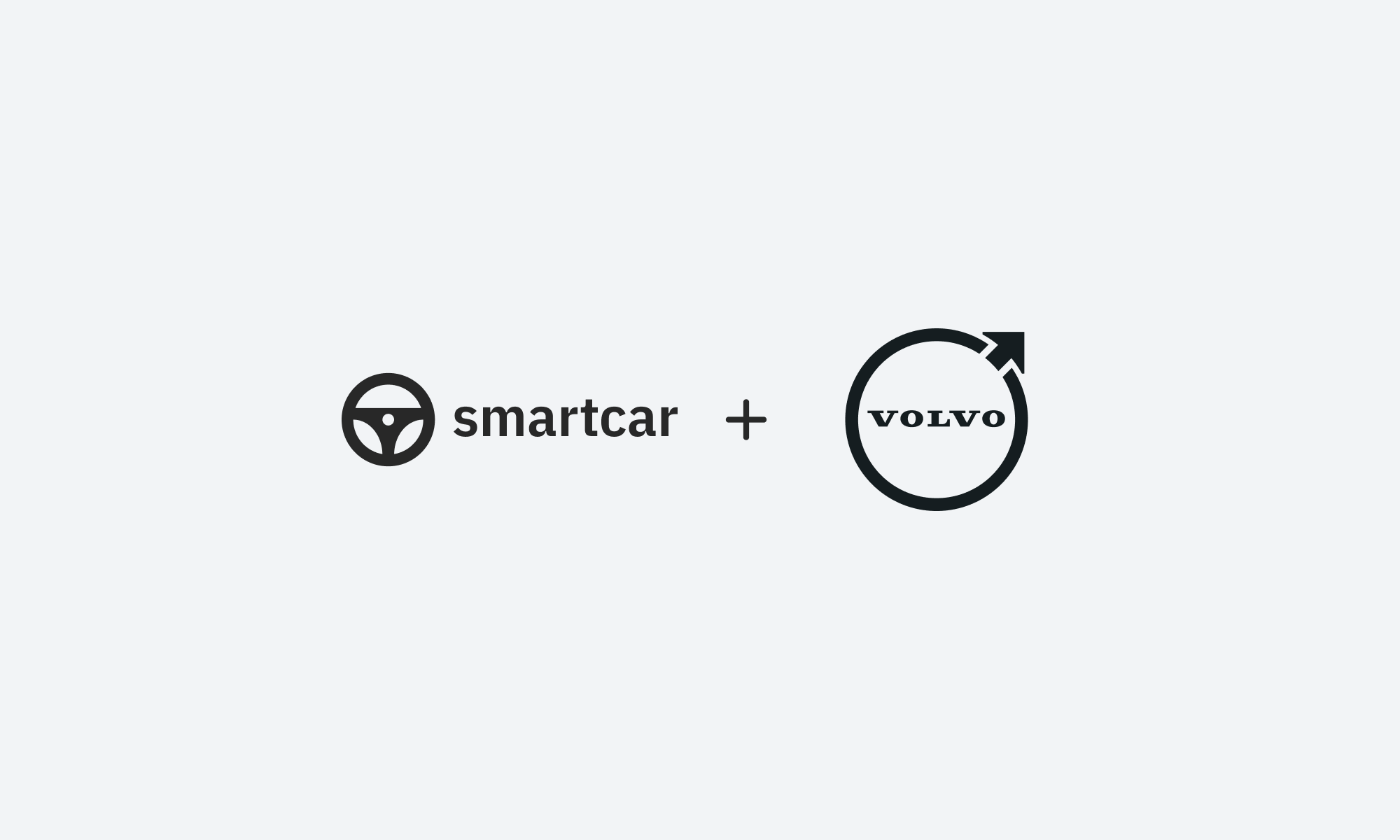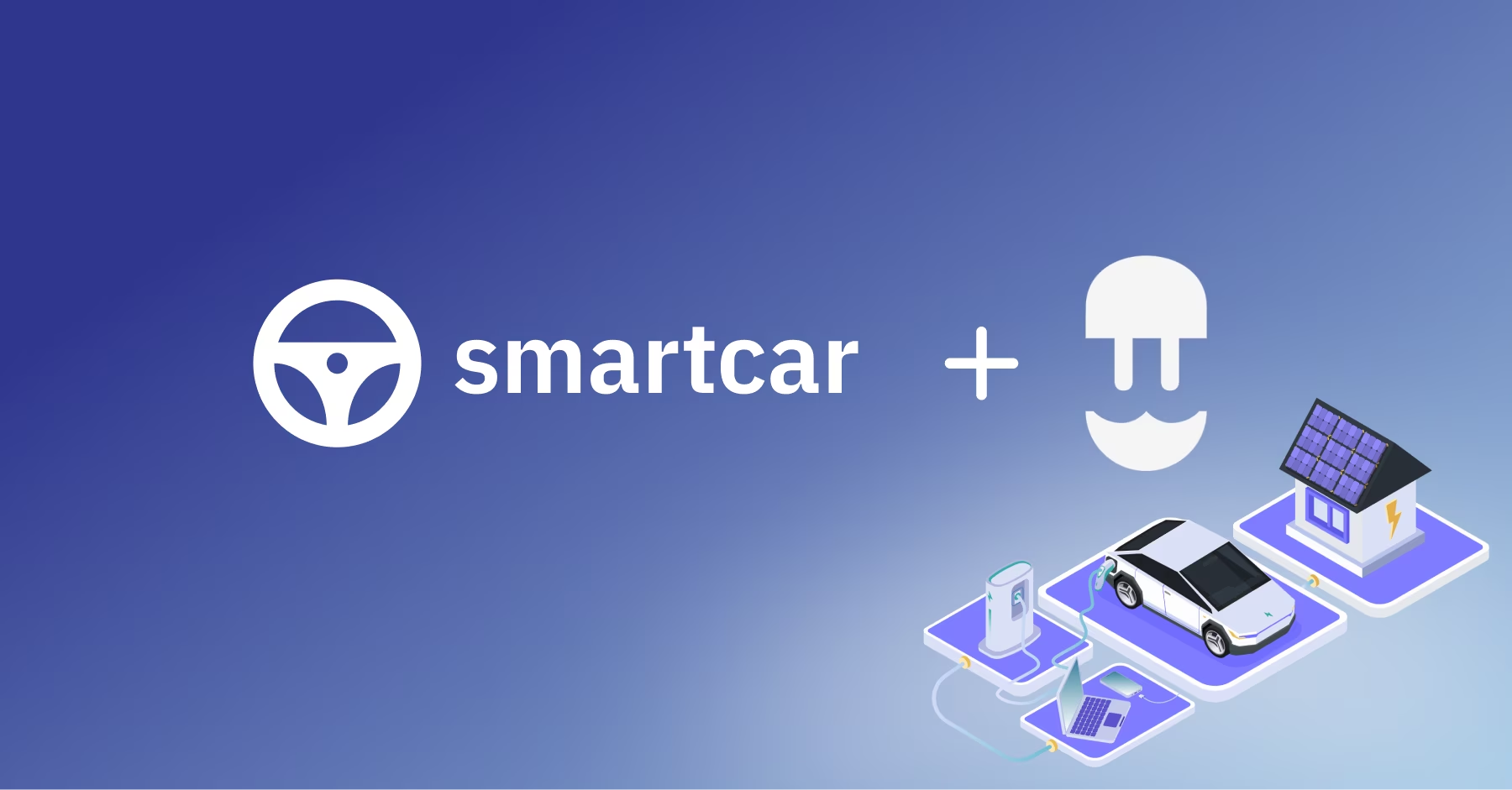If you're reading this, then you already know that today's automotive value chain is software-driven. In our 2023 State of Connected Car Apps report, we discovered that 64% of respondents preferred using third-party connected car apps instead of their car manufacturers' native connected services application. The value of a connected car platform is fundamental for mobility developers to meet consumer needs and fill in gaps in the vehicle ownership experience.
Mobility developers are often blocked by challenges unrelated to the apps and services they’re building. What’s the bottleneck? Integrating with connected cars.
To build connected car integrations themselves, mobility businesses must make big investments in developer expertise, continuous network monitoring, and ongoing support for vehicle owners.
With Smartcar's connected car API, you can use a single API to integrate with a continuously growing list of vehicle makes and models. This allows you to work with a standardized API for all our compatible vehicles, comprehensive SDKs, pre-built user experience elements, enterprise-grade security, and a team of dedicated experts to monitor integration performance and address errors or latencies.
In this guide, we’ll walk you through the process of choosing a connected car platform and how you can evaluate whether Smartcar is the right choice for you. We’ll help you answer:
- When is the right time to invest in a connected car platform?
- What questions should you ask when evaluating a connected car API provider?
- How is Smartcar’s API used today in different mobility sectors?
But first, what is Smartcar's connected car platform?
Smartcar's connected vehicle API allows mobility developers to integrate with connected cars across 36 brands in North America, Europe, and Canada using vehicle telematics. With our API, developers can access crucial vehicle data and actions — like electric vehicle charging information, digital car keys, and mileage retrievals — with user consent.
But integrations themselves aren't enough to help mobility developers build high-quality apps. A connected vehicle platform empowers developers with tools that streamline and simplify the entire process of managing vehicle connections to an app.
From app testing to error management and driver onboarding, our customers rely on our platform because we're experts at everything related to connected cars. This allows them to focus on their job, leading transformation in industries like electric vehicle charging networks, clean energy, predictive maintenance, auto insurance, shared mobility, and more.
When is the right time to invest in a connected vehicle platform?
If you’re planning to build connected car integrations, keep in mind the following:
Your product
🔎 Is the development time you'll spend on building vehicle integrations better spent on your core product?
If the answer is no: Work with an API provider who can afford to lose sleep over connected vehicle integrations. Battery analytics software, Recurrent, took this approach to increase speed-to-market by 6 to 12 months.
Automotive manufacturers make at least two updates to their APIs a month. If your business is looking to onboard drivers across ten vehicle brands, that means your developers would be making roughly 20 API updates a month on top of developing new features. That number grows even larger if you consider the variability of integrations by region. You’ll require dedicated API resources to keep up with this matrix of potential error combinations across makes and models.
Your customers
🔎 Are you capable of building secure authentication systems for all vehicle owners?
If the answer is no: Outsource API data security management to a partner with extensive experience building infrastructure that lowers the attack surface of your software.
Drivers are weary of sharing sensitive information. A class-action lawsuit was filed against a vehicle data broker in 2022 for allegedly collecting and selling their customers' connected car data without consent.
Building and securing an end-user authentication system is critical to gaining your customers' trust and proving your application's credibility. This means allocating resources toward efforts that include — but are not limited to — creating permission management systems for vehicle manufacturers' API tokens, developing the UI for authentication routes, and undergoing external penetration testing and security audits.
At Smartcar, consumer privacy and data security come first. We strengthen our platform with robust security measures, like:
- SOC 2 Type 2 Certification
- General Data Protection Regulation (GDPR)
- Annual Penetration Testing
- Vulnerability Disclosure Policy (VDP)
Your growth targets
🔎 Do you currently have the time, headcount, and budget to build connected vehicle APIs that cover your desired customer base?
If the answer is no: You can work with a connected car platform that’s already equipped with the integration coverage you need. EV managed charging platform, FlexCharging, took this approach to save years' worth of engineering resources.
A single connected vehicle integration takes the dedicated attention of a few engineers, not to mention the additional work of creating documentation and maintaining the integrations each month. But it’s rare for mobility apps to reach their goals by only integrating with a single vehicle brand.
If one integration takes tens of thousands of dollars upfront to build and the same amount recurring monthly for maintenance, ultimately, your integration ecosystem will become more complex and expensive as your business scales.
How to evaluate a connected vehicle API provider
Every connected car platform has unique features. To make the right choice, you need to evaluate potential vendors using the following criteria as a guide:
What elevates your product?
- Solutions architecture
- Vehicle brand coverage
- Data quality
What helps you convince customers?
- User authentication
- Consent management
- Security and compliance
What supports your business growth?
- Documentation and SDKs
- Customer support
- API dashboards
Use this vendor selection checklist to help evaluate your next API partner 👇

Looking for your next connected car API? Here are some questions to bring to the table:
- What does the vendor provide that my team can’t already do?
- Does the vendor have comprehensive API documentation and SDKs in the languages I need?
- Does my team have to put in engineering efforts whenever a new, compatible vehicle brand is added?
- Will my team need to manage any communication with OEMs?
- How is driver information authenticated and brought to the application?
- What happens if drivers do not have a connected services account?
- How is information processed and stored by the vendor after API requests are made?
- What kind of implementation support is provided by the vendor?
- Does the vendor support ongoing API and error management?
- Are there reference customers available in the same vertical as my business?
- What does the vendor’s roadmap look like?
- Does the vendor have a public status page?
- What are the vendor's security and privacy practices? SOC 2, GDPR, data privacy practices, etc.
👋 Let's discuss these questions and talk about what a connected car API platform would look like for your business — book a demo with Smartcar today.





.jpg)
